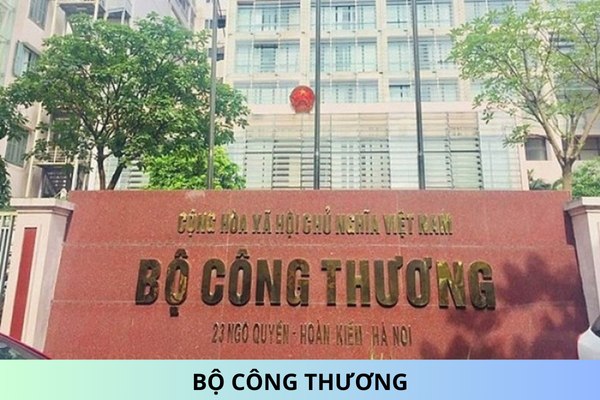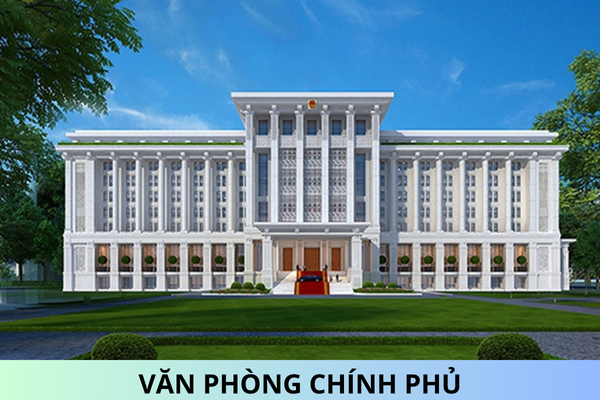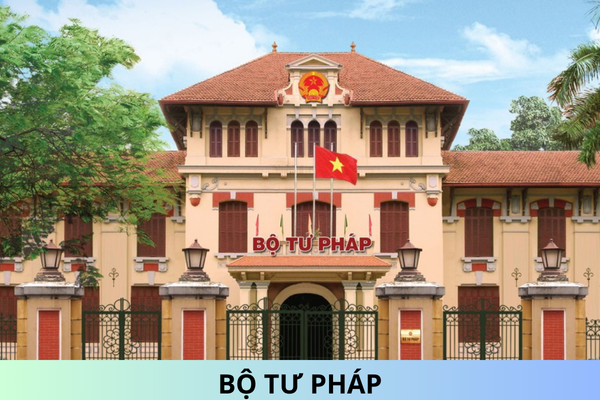Cases of the appointment of a judicial and civil status officer to concurrently serve as Deputy Head of Commune Public security in Vietnam
Commune X is a mountainous commune, with a large area and difficult travel. The commune's population is mostly ethnic minorities, with low educational levels and a very limited understanding of the law. Due to the heavy influence of customs and practices, people's compliance with the law is still poor, especially civil status registration, with almost no awareness of proactive implementation. Therefore, the situation of not registering civil status or being overdue is still very common. Mr. Giang Van D is a judicial and civil status officer of the commune, appointed to this position in 2001. In 2004, Mr. D completed the law school program and was more trusted by the commune government in his professional work. Recently, at the commune People's Council meeting, to consolidate the team of officials and civil servants of the grassroots government, some delegates suggested that Mr. D be assigned to hold the additional position of Deputy Chief of Commune Police and requested the Chairman of the Commune People's Committee to make a proposal to the District People's Committee for approval and to have an allowance for Deputy Head of the Commune Police for Mr. D, but on the contrary, there were also opinions opposing this policy. How should the Chairman of the Commune People's Committee resolve this?
Cases of the appointment of a judicial and civil status officer to concurrently serve as Deputy Head of Commune Public security in Vietnam - image from internet
In the current practice of organizing the entire local government machinery in some localities, there is a phenomenon of combining the positions of judicial officers and household registration officers with the role of Deputy Chief of the Communal Police (in places where there is no regular police force). This approach not only does not comply with the regulations on the arrangement and use of specialized personnel at the commune level as stipulated in the Law on Cadres and Civil Servants and related documents, but if implemented in practice, it will lead to wastefulness by using personnel inappropriately.
To address this situation, the Chairman of the Commune People's Committee - with the responsibilities and powers of directly managing and operating the administrative machinery at the commune level in accordance with Point c, Clause 1, Article 127 of the Law on the Organization of People's Councils and People's Committees - needs to have a good understanding of the following issues:
Regarding the position and role of judicial officers, household registration officers, and the Deputy Chief of the Communal Police in the local government machinery at the commune level: According to the provisions of Clause 2, Article 2 of Decree No. 114/2003/ND-CP dated October 10, 2003 of the Government on commune-level cadres and civil servants, judicial officers and household registration officers are among the seven specialized positions under the Commune People's Committee (alongside other specialized positions such as Chief of the Communal Police, Military Commander, Office-Statistics Officer, Land Administration-Construction Officer, Finance-Accounting Officer, and Culture-Social Officer). As legal civil servants at the commune level, the recruitment, management, and use of judicial officers and household registration officers must be done in accordance with the provisions from Article 13 to Article 15 of Decree No. 114/2003/ND-CP and Articles 80 and 81 of Decree No. 158/2005/ND-CP dated December 27, 2005 of the Government on household registration in order to ensure that they fulfill their official duties properly.
According to the provisions of Point b, Clause 3, Article 2 of Decree No. 121/2003/ND-CP dated October 21, 2003 of the Government on regimes and policies for cadres and civil servants at the commune level, the Deputy Chief of the Communal Police (in places where there is no regular police force) is a non-specialized cadre at the commune level. Due to the nature of their non-specialized activities, the number of non-specialized cadres for each commune, ward, or town and the specific allowances for each non-specialized position are decided by the provincial People's Committee based on the actual situation in the locality.
Regarding the "non-concurrent" nature of judicial officers and household registration officers at the commune level: According to the provisions of Point 2, Section III of Joint Circular No. 04/2005/TTLT-TP-NV dated May 5, 2005 of the Ministry of Justice and the Ministry of Home Affairs guiding the functions, tasks, powers, and organization of specialized agencies assisting the People's Committee in managing state judicial affairs at the local level, the duties of judicial officers and household registration officers at the commune level include 12 work contents, such as assisting the People's Committee in issuing and inspecting documents, disseminating legal knowledge, mediating and providing legal assistance for household registration, authentication, and enforcement of civil judgments, etc. This is a significant workload that requires judicial officers and household registration officers to regularly fulfill their duties according to their specialized functions. To ensure that judicial officers and household registration officers can carry out their duties in accordance with their professional nature, Article 81 of Decree No. 158/2005/ND-CP dated December 27, 2005 of the Government on registration and management of household registration stipulates that: "For populous communes, wards, or towns with a large number of household registration work, there must be specialized officers in charge of household registration, not concurrently performing other judicial tasks."
Combining the positions of judicial officers and household registration officers with the non-specialized position of Deputy Chief of the Communal Police is not appropriate for ensuring that specialized cadres can fulfill their regular duties. Although the Communal Police is a non-specialized position, it carries out 8 regular tasks to ensure security and order in the community in accordance with the provisions of Article 5 of Decree No. 40/1999/ND-CP dated June 23, 1999 of the Government on the Communal Police. Furthermore, according to the provisions of Article 7 of this Decree, the Deputy Chief of the Communal Police is responsible for "assisting the Chief of the Communal Police in performing assigned tasks and acting on behalf of the Chief of the Communal Police when authorized." With such a position, it requires the Deputy Chief of the Communal Police to work regularly to fulfill tasks related to security and order, which may conflict with the duties and responsibilities of judicial officers and household registration officers.
Therefore, in order to ensure the effective functioning of the local government machinery at the commune level and to avoid the inappropriate use of personnel, it is necessary to strictly adhere to the regulations on the arrangement and use of specialized personnel at the commune level. The Chairman of the Commune People's Committee should separate the positions of judicial officers and household registration officers from the non-specialized position of Deputy Chief of the Communal Police and assign personnel to these positions based on their qualifications and expertise. This will help to ensure that each position can be effectively fulfilled, leading to more efficient and professional governance at the local level.
The above situation shows that X commune is a mountainous area with ethnic minorities, and the management of household registration is still very ineffective. This requires judicial officers and household registration officers to be provided with conditions to focus on carrying out their tasks of propaganda, dissemination, and legal education to enhance the people's awareness and compliance with the law. At the same time, to address the issue of unregistered households and limit cases of overdue registration, judicial officers and household registration officers need sufficient time to carry out management tasks according to the professional requirements (for example, regularly visiting residential areas to carry out household registration). Therefore, assigning additional security and order tasks to judicial officers and household registration officers in the position of Deputy Chief of the Communal Police will result in wastefulness due to overlapping arrangements and use of personnel, not meeting the requirements of specialization and the nature of their professional activities. Such arrangements will directly affect the effectiveness of state management in both areas that judicial officers and household registration officers are responsible for.
Given the aforementioned disadvantages, the Chairman of the X Commune People's Committee needs to have an accurate and objective assessment of the workload and professional requirements of judicial officers and household registration officers to realize that combining the positions of judicial officers and household registration officers with the Deputy Chief of the Communal Police is not in line with legal regulations and does not ensure the effectiveness of state management. Based on this, a reasonable explanation should be given to the members of the People's Council who have raised the proposal in order to reach a consensus that assigning personnel in violation of regulations will result in wastefulness in the use of personnel and affect the effectiveness of their activities. Judicial officers and household registration officers can only be assigned additional tasks that do not require regular activities in order to have time to focus on carrying out their specialized tasks. As for the position of Deputy Chief of the Communal Police, it is recommended to assign it to someone who meets the qualifications for the position (not necessarily a specialized professional).










